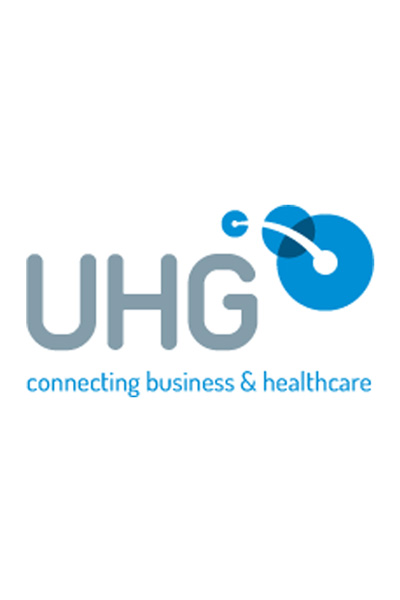Medical tests as part of the underwriting process are a common place event in the life of a financial adviser but for many clients they will be a new occurrence.Being up to date on the procedures and processes used in the tests provides advisers with an opportunity to reassure clients of their necessity but also of their importance. Recent developments have resulted in a change to the screening procedures for cholesterol and diabetes with those undergoing tests no longer having to fast before taking the test, making testing more convenient for them...
To date, blood tests for cholesterol and diabetes have traditionally been requested in the fasting state. However, fasting before blood tests is not generally necessary for the vast majority of people when screening for both cholesterol and diabetes.
Cholesterol
A standard serum lipid profile (cholesterol test) measures the concentration of:
- Total cholesterol
- HDL-cholesterol (HDL-C): “good” cholesterol
- LDL-cholesterol (LDL-C): “bad” cholesterol
- Triglycerides
The reason why cholesterol testing has traditionally been requested in the fasting state is because triglycerides may vary after a recent meal. This variable triglyceride level also has a theoretical effect on the LDL level. Unlike Total, HDL and triglycerides that are measured directly, LDL is calculated indirectly using mathematics. In other words, the Total, HDL and triglyceride levels are entered into a formula (known as the Friedewald formula) to estimate the LDL level.
It is now accepted that both the Total and HDL cholesterol levels are NOT significantly affected by food intake1 . However, because triglycerides may be increased by food intake, and triglycerides are used to estimate the LDL level, lipid testing has been traditionally requested in the fasting state to improve the accuracy of triglyceride and LDL testing.
Fasting is NOT generally required for cholesterol screening
Several studies have established that lipids, including LDL, exhibit only minimal and clinically insignificant changes in response to food intake.2 This evidence is creating a shift towards making non-fasting lipid profiling the standard. In fact, some European countries such as Denmark have been performing non-fasting lipids since 2009. It is well established that non-fasting lipids are excellent at predicting increased cardiovascular risk (most cardiovascular risk protocols use Total and HDL cholesterol).
Diabetic screening
Diabetes mellitus is characterized by hyperglycaemia (high blood sugar levels). The standard diabetic screening test has always been the fasting blood sugar level (BSL). However, a non-fasting blood test, HbA1C (glycosylated haemoglobin), can also be used for diabetic screening. Haemoglobin is a protein found in red blood cells that carries oxygen around the body. It is normal for some of the haemoglobin to bind to glucose. As the average blood sugar level increases, the fraction of haemoglobin bound to glucose increases. That is, the higher the HBA1C level, the higher the average blood sugar level.
- Normal: < 6.0% HBA1C
- Increased Risk: 6.0-6.4% HBA1C
- Diabetes: 6.5% or over HBA1C
Because HBA1C is a form of haemoglobin, and haemoglobin is found in red blood cells, the test is dependent on the lifespan of the red blood cell. The normal lifespan of the red blood cell is 3-months, so HBA1C is a measure of the 3-month average blood glucose concentration. The test’s accuracy is therefore affected by conditions that affect red blood cell survival time. The test can be performed in both the fasting and non-fasting states.
Conclusion
Research now supports the shift towards non-fasting blood tests for both cholesterol and diabetic screening. This is a clear win for the consumer, allowing the blood test to be performed at a convenient time in the day.

The Waiting Room looks at of some of the common medical conditions which advisers may come across when dealing with clients.
Unified Healthcare Group serves Australia’s financial services industry by providing a one-stop solution for all medical requirements associated with life insurance claims and underwriting.
This article was written by Unified Healthcare Group National Medical Advisor, Dr Stephen Simonds
Contact or follow the author: Telephone: 1300 558 583 | Website | Email | LinkedIn












